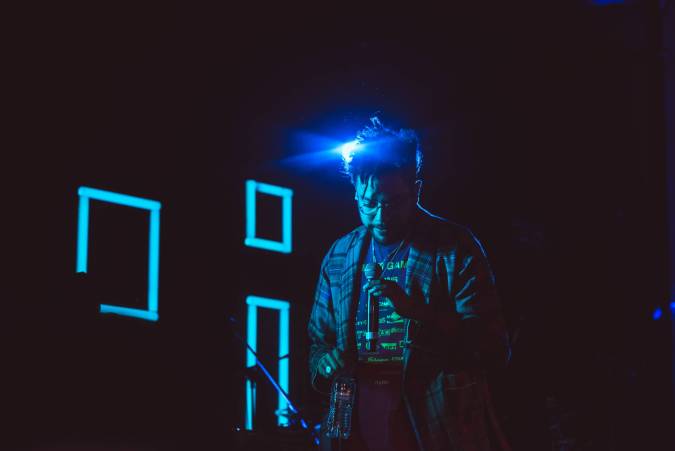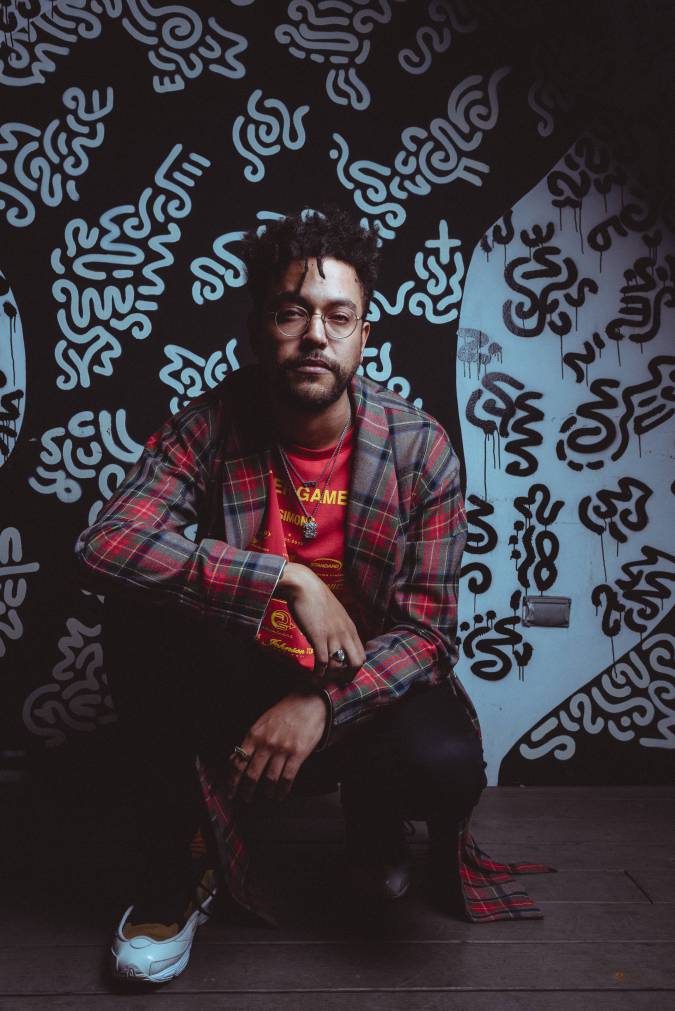Chicago’s devout concertgoers had plenty to be thankful for when Red Bull Sound Select brought 30 Days in Chicago to the Windy City this past November. The month-long lineup featured countless soon-to-be industry staples — but the Latino talent highlighted over the past few weeks was a special standout. Red Bull’s curation was femme-forward, featuring Colombian singer Kali Uchis and French-Cuban twin duo Ibeyi, but also buzzy newcomers like Miami-born R&B upstart Sabrina Claudio, Boricua-Italian rapper BIA, and an appearance from Guatemalan slow jam guru Jesse Baez.
Fandoms came out in droves to support their favorites; Uchis and Claudio had crowds singing along word for word to hits like “Loner” and “Confidently Lost.” Uchis had the entirety of Thalia Hall up on their feet as she shimmied her way through her setlist. Claudio was pitch perfect during her show, even with minor technical difficulties at the beginning of her set, making her incredible range seem effortless as she floated through songs from her new album About Time.



Though every artist incorporated Spanish into their sets, language was never a barrier for attendees. The crowd for Ibeyi’s show at The Metro was tenacious; fans sang in Yoruba and English in equal measure, as Lisa-Kaindé and Naomi gleefully beamed onstage. Between songs, the twins spoke about self-confidence, self-love, and uplifting women, ultimately dedicating a song to their young niece during their set.
Even Jesse Baez, who is Chicago-born, bilingual, and boasts a catalog completely in Spanish, found fans in the crowd, who vibed to set staples like his PartyNextDoor cover “Ven a Verme.” BIA was the perfect high-energy opener for Lizzo; she floated across stage rocking thigh-high stiletto boots and a metallic puffer jacket. The self-proclaimed Perico Princess even debuted her then-unreleased track with “Piñata,” which features Kap G and Justin Quiles.
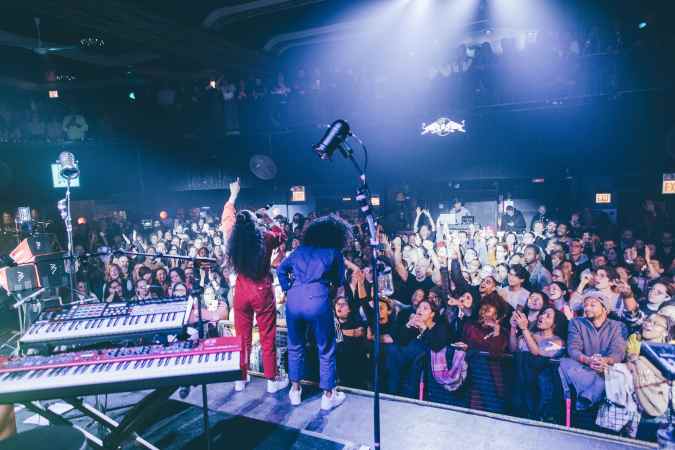
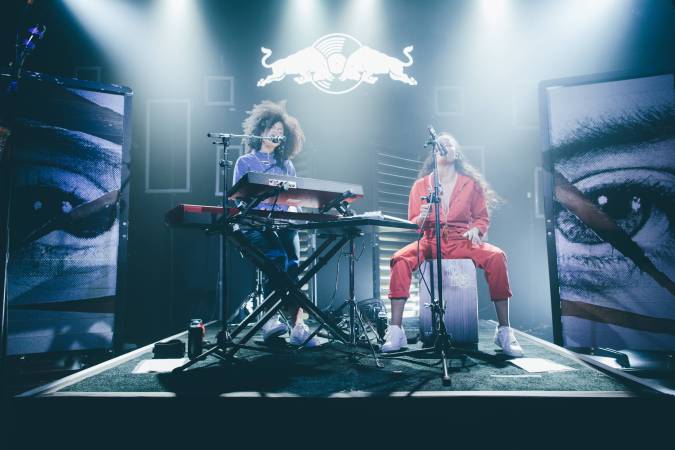
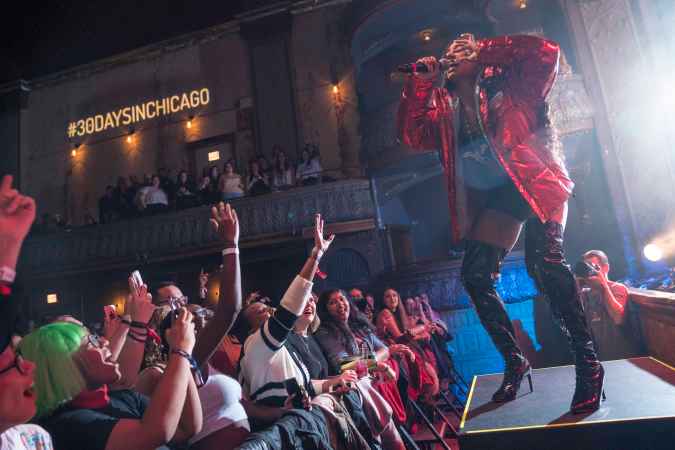
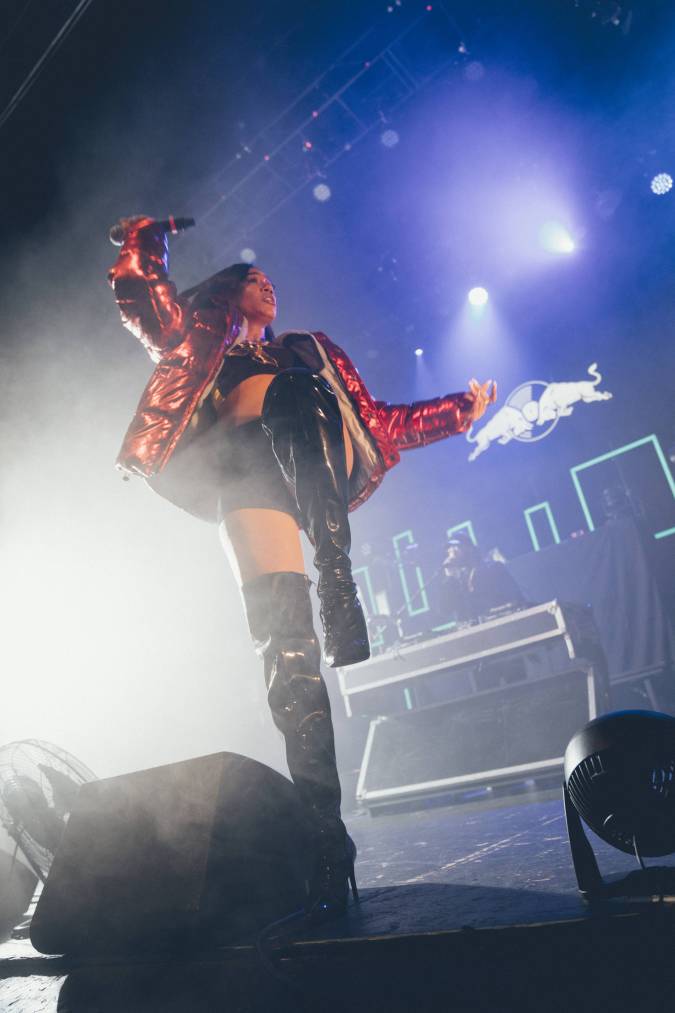
The Red Bull Sound Select shows were a vivid representation of how emerging artists are now defining the popular music landscape, as industry bigwigs try desperately to keep up. Red Bull’s decision to showcase young, dynamic, and musically diverse Latino artists feels refreshing; major festivals continue to rely on narrow and outdated understandings of our communities’ music tastes when it comes to curation, and even the so-called “Latin alternative” space has struggled to adapt with evolving scenes and sounds. Booking Latino artists seems like it should be a no brainer for mainstream music fests this year, as they continue to battle segmentation in the industry. It’s telling that it takes a corporate platform like Red Bull to recognize this.
The packed venues, enthusiastic crowds, and inclusion of Latino artists in the initial lineup prove that Latinx artists shouldn’t just be considered a passing musical trend. These artists are here to stay and here to create — and everyone around them is eager to see what they’ll do next.
